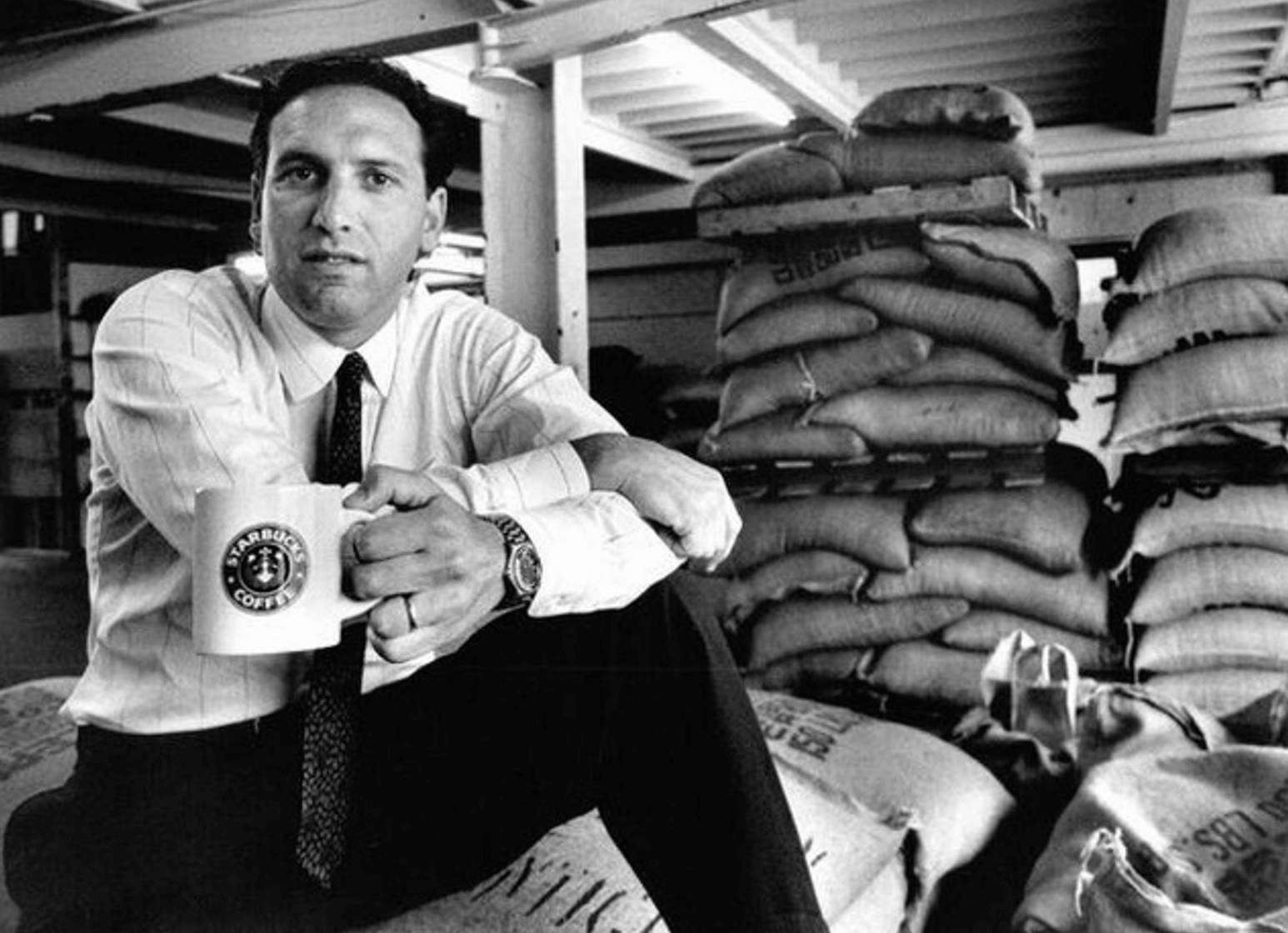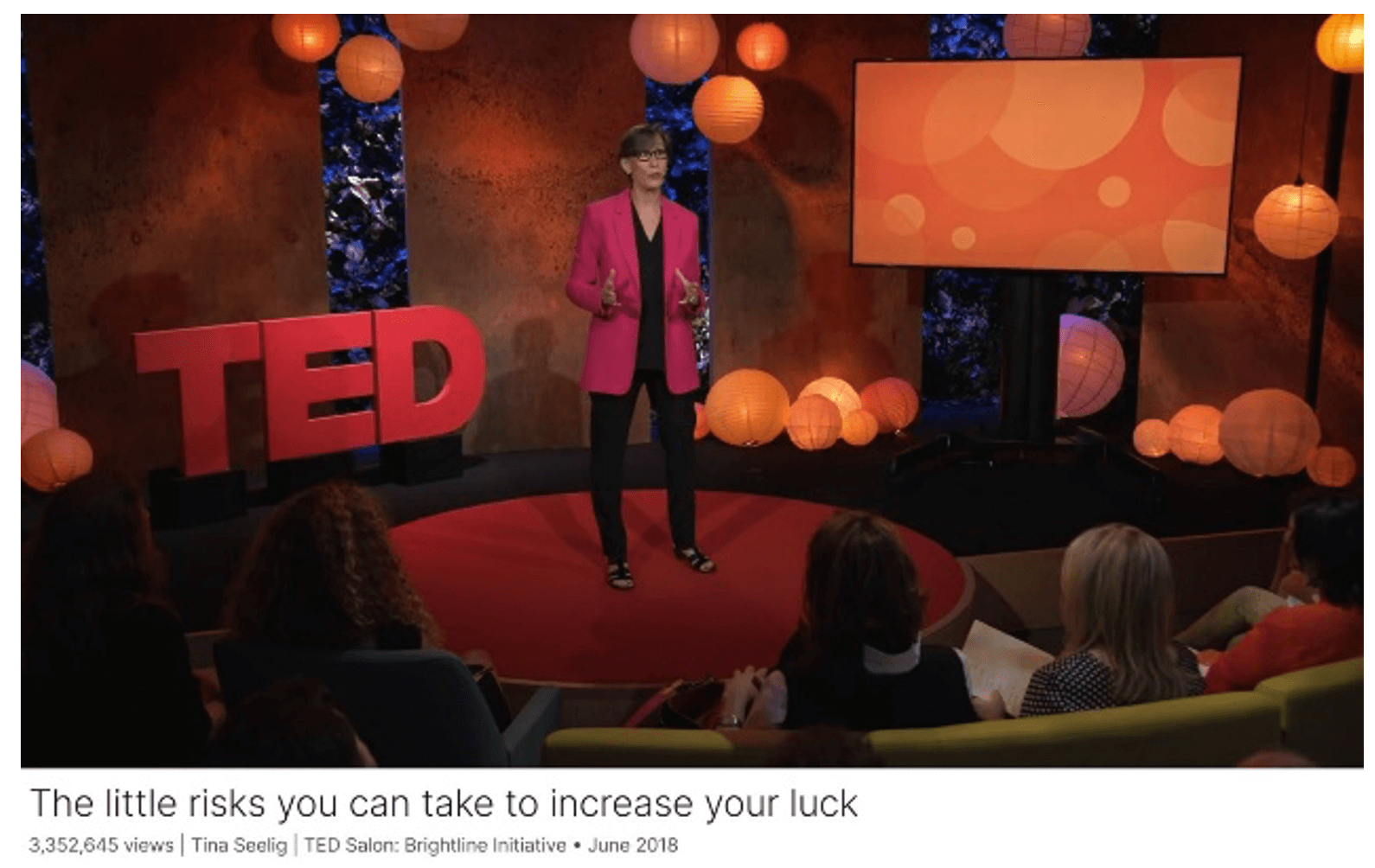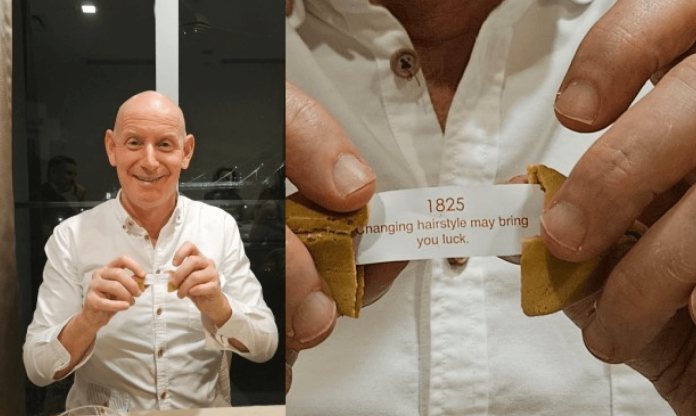By Avi Liran
While you wait for your ship to come in, have you given any thought to building a lighthouse, or even dredging the harbour? Sometimes luck needs a little help, as Avi Liran explains.
Do you consider yourself lucky? Do you want to increase your luck?
It is believed that Napoleon Bonaparte countered criticisms about his reliance on luck in battles by stating, “I prefer lucky generals to skilled ones.” Napoleon ignored his Foreign Minister Maurice de Talleyrand-Périgord’s advice against the invasion of Russia in 1812, where he lost the war to “General Winter”. The lessons of history reveal that excessive reliance on luck and neglecting constructive criticism can exhaust one’s lucky streak.
Despite amassing billions through his telecommunications empire bearing his name, the former Thai Prime Minister Thaksin Shinawatra’s decision to evade taxes on the $2 billion sale of his conglomerate to the Singaporean Temasek Holdings accelerated his downfall because of corruption. While fortune favours the bold, it tends to evaporate when the arrogant are blinded by greed.
Before we embark on a quest for greater luck, let’s cast aside the shadows and identify the lurking enemies that threaten to swallow our good fortune whole. These are the biggest black holes of luck: greed, hubris, complacency, impulsivity, neglect of ethics, not listening to feedback, inflexibility, and short-sightedness and paralysis because of the fear of taking risks.
If you’re a fan of astrology or fortune tellers, beware. Just the other day, my fortune cookie declared, “Changing your hairstyle may bring you luck.” The irony? I’m bald. I think I’ll stick to more reliable sources of luck, like the five strategies I suggest in this article.
Brian Tracy once said, “I’ve found that luck is quite predictable. If you want more luck, take more chances. Be more active. Show up more often.”
Elivahy Goldratt said, “Good luck is when opportunity meets preparation, while bad luck is when lack of preparation meets reality.”
Luck is commonly associated with chance, but it turns out that there are science-backed tricks to improve your luck. A decade-long piece of research by psychology professor and author of “The Luck Factor”, Richard Wiseman, suggests that one’s actions, mindset, and behaviours can influence and increase their likelihood of experiencing good fortune or luck. Wiseman interviewed 400 people who self-identified themselves as “lucky” or “unlucky” and found that those who continually had good luck, professionally and personally, had some common traits. They responded to situations in similar ways.
 Be open to new experiences
Be open to new experiences
In 1928, amidst the clutter of his lab, Scottish physician Alexander Fleming stumbled upon a serendipitous discovery. A forgotten sandwich, nestled near a staphylococci culture, revealed a curious sight: a mouldy halo engulfing a bacteria-free zone. Intrigued, Fleming embraced his good luck and embarked on a journey of experimentation, eventually unlocking the power of penicillin, the antibiotic that would one day save countless millions.
To increase your luck, be open and notice the opportunities that come your way. In an experiment conducted by Dr Wiseman, he observed that lucky individuals seem to consistently stumble upon opportunities that their unlucky counterparts often overlook. He handed out newspapers to both lucky and unlucky participants, asking them to count the number of photographs inside.
Listen to your intuition
Gabrielle ‘Coco’ Chanel’s rebel story is a fascinating example of how intuition against the norm can create luck. She was the first designer to dare to take elements from menswear and use them to make women’s clothing more functional. At a time when jersey fabric was primarily used for men’s underwear, Chanel’s intuitive gamble to use it for women’s clothing was unconventional. Her intuition paid off, making her designs both popular and accessible. She said in an interview, “Fashion is not simply a matter of clothes. Fashion is in the air, borne upon the wind. One intuits it. It is in the sky and on the road.”
People who see themselves as lucky tend to be more decisive. They make swift decisions by tuning into their intuition. They’re more likely to take risks, take action, and expose themselves to new opportunities.
Use Optimism and Positive Expectancy
Blind optimism rarely brews success, but Howard Schultz’s journey with Starbucks is a classic tale of how optimism can fundamentally change one’s trajectory, turning challenges into opportunities and creating what appears to be “luck”. In his book “Pour Your Heart Into It: How Starbucks Built a Company One Cup at a Time”, he shared that he faced scepticism from investors. After the original Starbucks owners rejected his idea of creating a coffeehouse culture, Schultz decided to pursue the concept independently and go to investors. He was turned down by 217 of the 242 investors he pitched to.

In my funny resilience talk “Bounce Forward with a Smile”, I share five to seven tips on how to recycle the trash of adversity into fertiliser. Wiseman’s studies suggested that individuals who consider themselves lucky often find something positive about an “unlucky” situation and transform setbacks into springboards for new ventures, fuelling their remarkable fortune. In general, these lucky people tend to possess a more positive attitude towards life, are happier, and notice and capitalise on opportunities that others might miss.
Be Flexible
As the COVID-19 pandemic erupted, Uber faced a major crisis, with plummeting ride-hailing demand due to lockdowns and travel restrictions. Recognising the increased demand for contactless food delivery, Uber Eats stepped into the spotlight. They invested heavily in marketing and promotions, attracting new customers and restaurants to the platform. They streamlined delivery operations, focusing on efficiency and contactless procedures, and expanded their offerings by adding grocery delivery, alcohol delivery, and partnerships with convenience stores.
“Lucky” folks often possess that invisible advantage. If plans change, they’re ready to pivot like a nimble dancer, finding luck in new circumstances.

The ability to adapt to changing circumstances is a key factor in capitalising on opportunities and overcoming and adapting to life’s unpredictable twists and turns. People who see themselves as lucky tend to be more decisive. They make swift decisions by tuning into their intuition. They’re more likely to take risks, take action, and expose themselves to new opportunities.
“Do it. Easier Done Than Said”
said Lenny Ravich, the humorist and guru of optimism. “People often hide behind the excuse of ’Easier Said than Done’ to avoid taking risks, only to later regret missed opportunities, while the achievements of those who dared prove it to be a testament to the contrary.”
In the early 1990s, PepsiCo was facing stiff competition in the beverage industry. Indra Nooyi, a rising star who later became the CEO, was brimming with vision. Recognising the need for diversification into healthy food and beverages, she zeroed in on Tropicana, the undisputed king of orange juice. Nooyi led the charge in convincing PepsiCo’s board of directors to acquire Tropicana, despite some initial resistance. She saw Tropicana as a strategic fit that would complement PepsiCo’s existing product lineup and provide a stronger foothold in the health and wellness sector. Her decisiveness came through in the final negotiations. When the acquisition was on the line, Nooyi said, “We are buying it. Period. If we don’t buy it, I’m not sure we have a future in juices.”
Being decisive is often linked to creating one’s own luck, because it involves taking action and making choices that can lead to new opportunities and outcomes. Decisiveness allows individuals to seize moments, make the most of situations, and move forward, even under uncertainty. In contrast, unlucky individuals often have a knack for talking themselves out of opportunities, ignoring serendipity by focusing on reasons to avoid action rather than taking a chance. As Woody Allen succinctly puts it: “80 per cent of success is showing up.”
In conclusion: If you’re reading this, you’re luckier than many. There are at least 7 billion people for whom access to electricity, computing, and the internet is a privilege, one that eludes the countless people worldwide who lack even basics like housing, personal safety, and clean water.
In the tapestry of life, luck isn’t merely a whimsical stroke of chance but can serve you as a skilful embroidery of attitude, action, and awareness.

As Dr Tina Seelig from Stanford shared in her famous TED talk about luck: “Luck is rarely a lightning strike, isolated and dramatic. It’s much more like the wind, blowing constantly. Sometimes it’s calm, and sometimes it blows in gusts, and sometimes it comes from directions that you didn’t even imagine.” Therefore, we need to use our “sails” through tiny behaviours of taking small risks that catch these winds of luck, thereby creating our fortunate circumstances.
“Lucky by Design” elucidates the essence of luck as not just serendipity but the offspring of preparation meeting opportunity. By embracing openness to experiences, listening to intuition, wielding optimism, flexing adaptability, and choosing decisiveness to take risks, we can architect our own fortune.
Benjamin Franklin, in his renowned Poor Richard’s Almanack, revived the profound quote: “God helps those who help themselves.” But helping ourselves goes beyond self, because we nourish our soul when we can share our luck.
Growing up in a loving, modest home, my parents, who were resilient refugee holocaust survivors, instilled in us profound lessons through their hard work and generosity. Despite the need to be prudent, they consistently felt lucky that they were able to give to us and others. Whenever we expressed gratitude to our dad for purchasing something for us, fully aware of the effort and sacrifice behind it, he would respond, “Just bless me that every time I open my wallet, I have something to give to others.”
Embracing this wisdom, let us bolster our fortune by aiding the less fortunate, thereby granting them the opportunity to improve their luck. This act of service not only enhances our lives but also upholds our duty to nurture a better world for all of us.
About the Author
 Avi Liran (CSP, MBA) is a Global Chief Delighting Officer, an economist, author, humorist, and energetic motivational and twice TEDx speaker. Avi goes above and beyond to deliver tangible results to organisations, creating delightful customer and employee experiences. As a beacon of Contagious Positivity, he’s celebrated for leading businesses towards profitability and people’s success with a smile.
Avi Liran (CSP, MBA) is a Global Chief Delighting Officer, an economist, author, humorist, and energetic motivational and twice TEDx speaker. Avi goes above and beyond to deliver tangible results to organisations, creating delightful customer and employee experiences. As a beacon of Contagious Positivity, he’s celebrated for leading businesses towards profitability and people’s success with a smile.








![“Does Everyone Hear Me OK?”: How to Lead Virtual Teams Effectively iStock-1438575049 (1) [Converted]](https://www.europeanbusinessreview.com/wp-content/uploads/2024/11/iStock-1438575049-1-Converted-218x150.jpg)




















![“Does Everyone Hear Me OK?”: How to Lead Virtual Teams Effectively iStock-1438575049 (1) [Converted]](https://www.europeanbusinessreview.com/wp-content/uploads/2024/11/iStock-1438575049-1-Converted-100x70.jpg)




